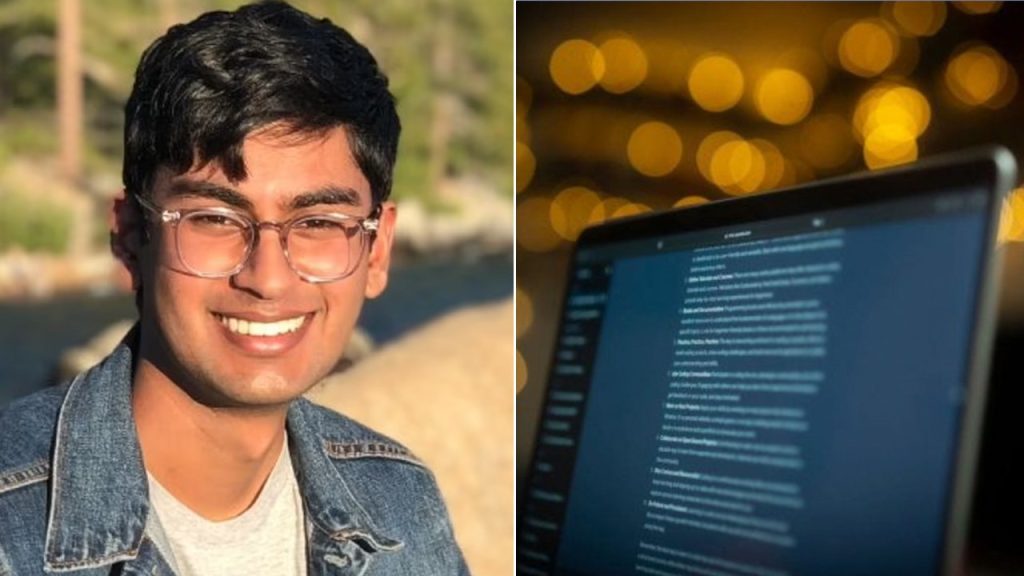Poornima Ramarao, the mother of 26-year-old AI researcher Suchir Balaji, is calling for a further investigation into her son’s death, which was ruled a suicide by the San Francisco Police Department. Balaji had accused his former employer, OpenAI, of violating copyright laws in the development of ChatGPT. His mother revealed that Balaji felt that AI technology was harmful to humanity, a sentiment that reportedly shifted after he observed the commercial focus of the company. The family has commissioned a private autopsy that yielded concerning results, prompting them to work with an attorney to push for a proper investigation by the authorities.
Suchir Balaji’s resignation from OpenAI came after he expressed concerns about the potential negative impacts of AI on society. Despite initially believing that AI could be used to solve complex problems like curing diseases, he eventually became disillusioned by the proliferation of chatbots that threatened the livelihoods of content creators. Balaji disagreed with the company’s assertion that their use of preexisting online material fell under “fair use,” arguing that generative AI products could create substitutes that competed with the data they were trained on. This led him to speak out against OpenAI and Microsoft, who are facing multiple lawsuits from media outlets alleging copyright infringement.
The New York Times had named Balaji as a person with “unique and relevant documents” in their copyright lawsuit against OpenAI and Microsoft. Eight days before his death, the outlet filed a letter in federal court, indicating Balaji’s involvement in the litigation. Balaji’s mother recounted the harrowing moment she learned of her son’s passing, describing the sight of medics bringing a stretcher to his apartment. She expressed disbelief at the tragic turn of events, emphasizing that it did not seem like a typical situation. The family’s insistence on reopening the investigation is driven by the need for clarity and closure in the wake of Balaji’s death.
Balaji’s mother highlighted his initial hopes for OpenAI’s software to benefit society and his attraction to the company’s open-source philosophy. However, as the company shifted towards a more commercially focused approach with the launch of ChatGPT, Balaji’s perspective changed. He made the difficult decision to leave OpenAI, convinced that contributing to technologies he believed would harm society was not the right path for him. The stark realization that AI developments could have more immediate negative consequences than anticipated further solidified his stance against the company’s practices and his decision to part ways with them. The tragic circumstances surrounding Balaji’s death and the unanswered questions surrounding it underscore the need for a thorough investigation to shed light on the events leading to his passing.


